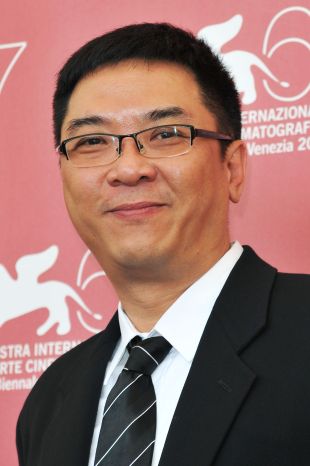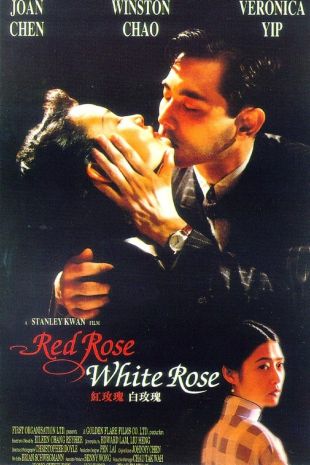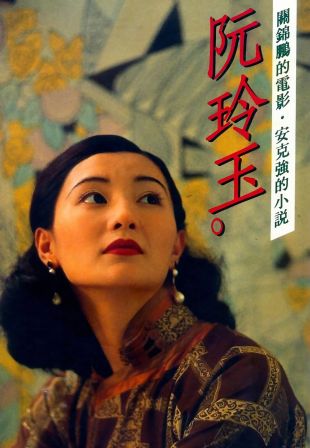Along with Wong Kar-Wai, Stanley Kwan is one of the most prominent directors of Hong Kong's Second Wave. In a national cinema known more for martial arts films than art films, Kwan has created some of Asia's most inventive and complex films of the 1980s and 1990s.
Born in Hong Kong in 1957, Kwan landed a job at the television station TVB after receiving a mass communications degree at Baptist College, with the hopes of becoming an actor. That never panned out; instead Kwan learned filmmaking by serving as an assistant director during the early '80s, to some of the most prominent members of the nascent Hong Kong New Wave, including Ann Hui and Patrick Tam. His directorial debut, Women (1985), starring a pre-John Woo Chow Yun-Fat, was a big box-office success. In this film, as in much of his subsequent work, Kwan presented the audience with a sympathetic exploration of the plight of women, told in a stylistically inventive, often challenging manner. He followed Women with the ambitious Love Unto Waste (1986), which followed the lives of several emotionally damaged professionals. Though the film was a financial failure, it displayed his command of the medium and development of a mature style.
In 1987, Kwan released his masterpiece, Rouge, a gorgeous film about the spirit of a courtesan from the 1930s who returns to Hong Kong in 1987 to search for her lover. The movie proved to be one of Hong Kong's most internationally successful films, both critically and financially. Though the ghost story is a well-worn genre, Rouge used none of the dry-ice effects and flying somersaults conventional to these films. Instead, Kwan used an inventive double storyline to explore themes of identity, history, and narrative. After directing the cross-cultural drama Full Moon in New York, he radically reworked the biopic genre in The Actress (1992), a biography of Chinese silent movie icon Ruan Lingyu. This complex film blended fact and fiction, documentary and narrative; for example, Kwan edits footage of star Maggie Cheung playing Ruan with documentary footage of Maggie Cheung explaining how she researched the part. The result is a Brechtian interrogation of cinema itself. The film won several awards, including the Silver Bear for Best Actress at the 1992 Berlin Film Festival. Kwan directed Red Rose White Rose, a characteristic drama about the suffering of women at the hands of men, and Yin & Yang: Gender in Chinese Cinema, a documentary on Chinese cinema for the British Film Institute. His Yue Kuaile, Yue Duoluo (1998) was screened at the 1998 Berlin Film Festival.



